Politics and Government: Organizations and Institutions
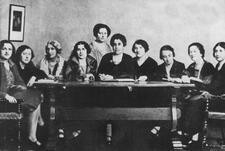
Rebecca Sieff
Rebecca Sieff, the daughter of a wealthy Jewish family from Manchester, England, played an active role in two central social-historical movements: the struggle for women’s rights and the Zionist movement that eventually led to the establishment of the State of Israel.
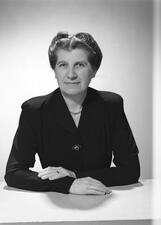
Ida Lewis Siegel
Ida Lewis Siegel was a volunteer leader in Toronto dedicated to Zionism and education. Siegel’s organizing talents over the decades benefited many Jewish community institutions, including the Youth Aliyah. She was also involved in the wider Toronto community, serving as a trustee of the Toronto Board of Education.

Beverly Sills
Beverly Sills was a trailblazing opera singer who, after a robust singing career at the New York City Opera Company (NYCO) and the Metropolitan Opera House, became the first female director of the NYCO, and the first female chair of the Lincoln Center board. Sills defied the odds in her career accomplishments while raising two children with disabilities and being actively involved with several charitable organizations.
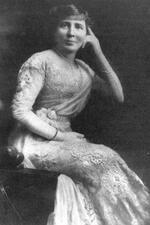
Carrie Obendorfer Simon
Carrie Obendorfer Simon helped shape the Reform movement as founder of the National Federation of Temple Sisterhoods, which quickly became the largest Jewish women’s organization in America.
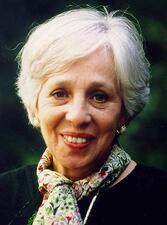
Maxine Singer
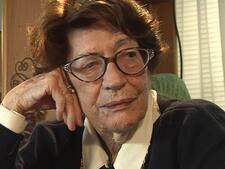
Michal Smoira-Cohn
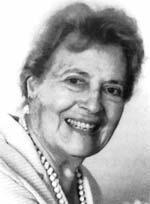
Virginia Snitow
Virginia Levitt Snitow was a multifaceted woman who was a teacher, political activist, pre-Second Wave feminist, poet, writer and founder of US/Israel Women to Women. Ahead of her time in the fight for both civil and women’s rights, Snitow was unafraid to take unpopular stances when fighting for others.
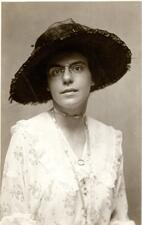
Emily Solis-Cohen
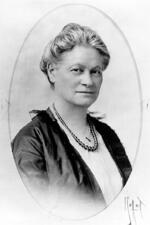
Hannah Greenebaum Solomon
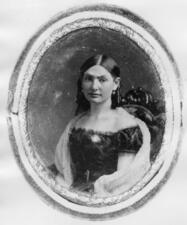
Hannah Marks Solomons
Hannah Marks Solomons was an influential San Francisco educator and civic worker, as well as the wife of a leading member of the Jewish community.
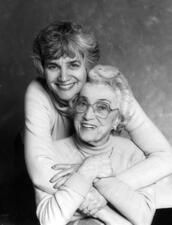
Miriam Belsky Solotaroff
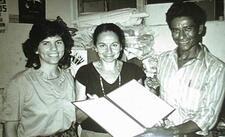
Judy Somberg
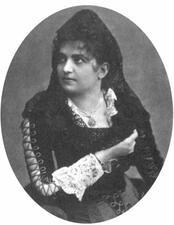
Rosa Sonneschein
Rosa Sonneschein created and edited the American Jewess, the first English-language magazine for Jewish women in the United States, where she advocated for the expansion of women’s roles in the synagogue and the Jewish community and expressed her strong support for Zionism.

Eva Sopher

South Africa
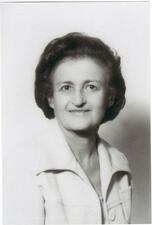
Johanna Spector
Johanna Spector was an influential ethnomusicologist whose writings, recordings, and film projects documented the music of little-studied Jewish communities from around the world. After surviving the Holocaust, Spector earned her doctorate, founded the ethnomusicology department at the Jewish Theological Seminary, established the Society for the Preservation of Samaritan Culture, and served as president of the Asian Music Society.
Dora Spiegel
Dora Spiegel served in many fields, including education, the organization of league sisterhoods, and publications stimulating women’s loyalty to the synagogue and the Jewish home. She helped found the Women’s Institute of Jewish Studies at the Jewish Theological Seminary of America, influencing the lives of countless Jewish women and children.
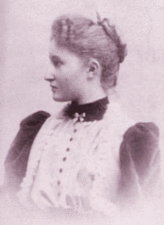
Flora Langerman Spiegelberg
Flora Langerman Spiegelberg made substantial innovative contributions to civic welfare and Jewish life. She was a nineteenth-century settler of New Mexico and a twentieth-century progressive reformer in New York City who fought for public sanitation regulations and better working conditions for garbage collectors.
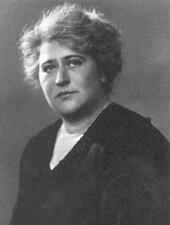
Constance Amberg Sporborg
Constance Amberg Sporborg was a career clubwoman who dedicated her life to the advancement of women’s rights, immigrant settlement, international organizations, and world peace. Working in New York City in the early twentieth century, Sporborg aided both Jews and gentiles.
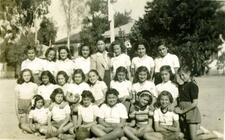
Sport in Israel: Yishuv to the Early 21st Century
Women have been involved in sports in Israel since the Yishuv period, participating as teams, as individuals, and as coaches. Though more women are now participating in competitive sports, the field still reflects a masculine culture of power struggle and a desire to defeat the enemy. More recent political efforts in Israel have attempted to achieve women's equality in athletics.
Sports in Germany: 1898-1938
Women’s participation in Jewish gymnastics clubs increased significantly during the first two decades of the twentieth century. The Jewish sports movement grew during the 1920s, allowing women to participate in cross-country running, swimming, and tennis. After German sports clubs annulled Jewish membership in 1933, women poured into these Jewish sports groups.
Sports in the United States
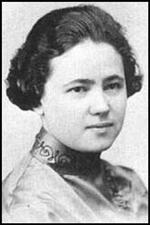
Mollie Steimer
Mollie Steimer earned nationwide attention for her refusal to compromise her anarchist beliefs during the widely publicized 1918 trial in which she was sentenced to prison under the Sedition Act. Later deported to Russia and then to Germany, Steimer continued her anarchist activities throughout her life.
Hannah Stein
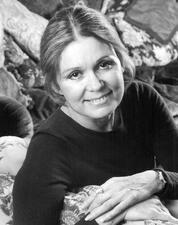
Gloria Steinem
Gloria Steinem was a leader of second-wave feminism and the co-founder of Ms. Magazine, the first feminist periodical with a national readership. As a journalist and spokesperson, she mobilized a generation of women to advance the cause of women’s liberation. Steinem has worked tirelessly all her life as an advocate for change.


